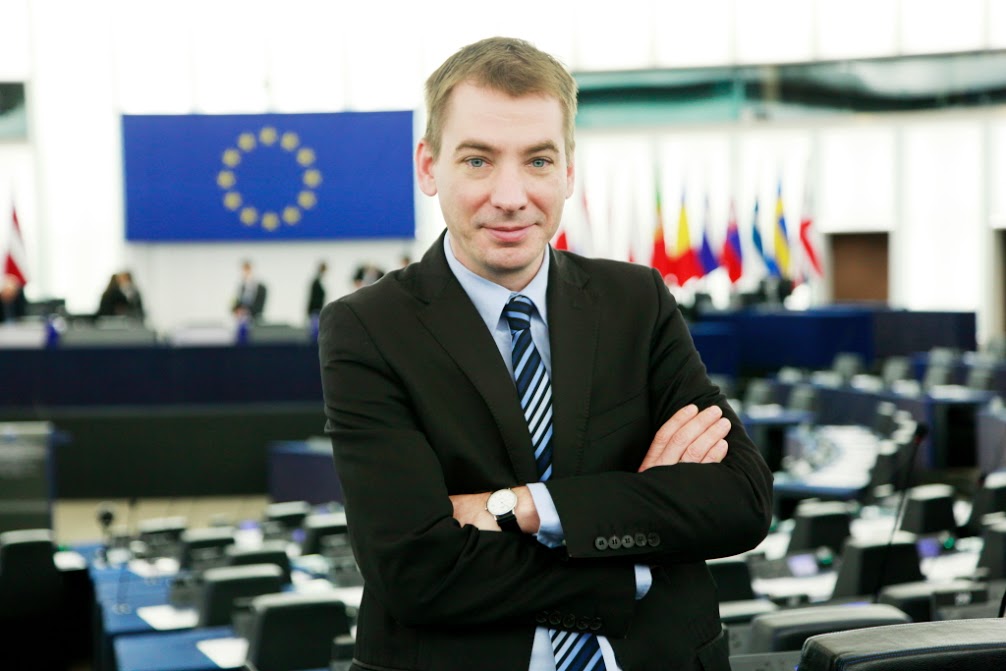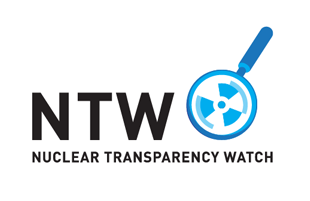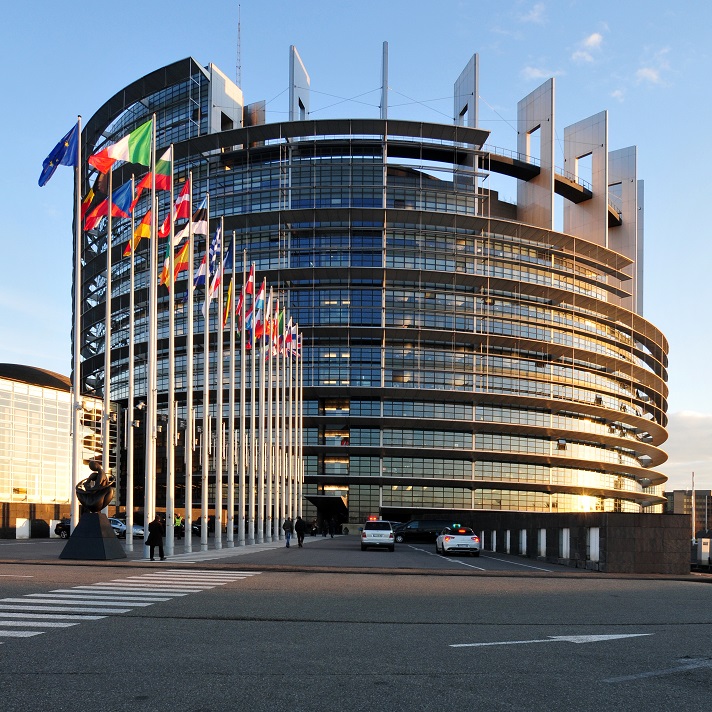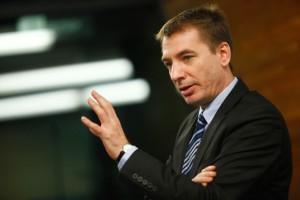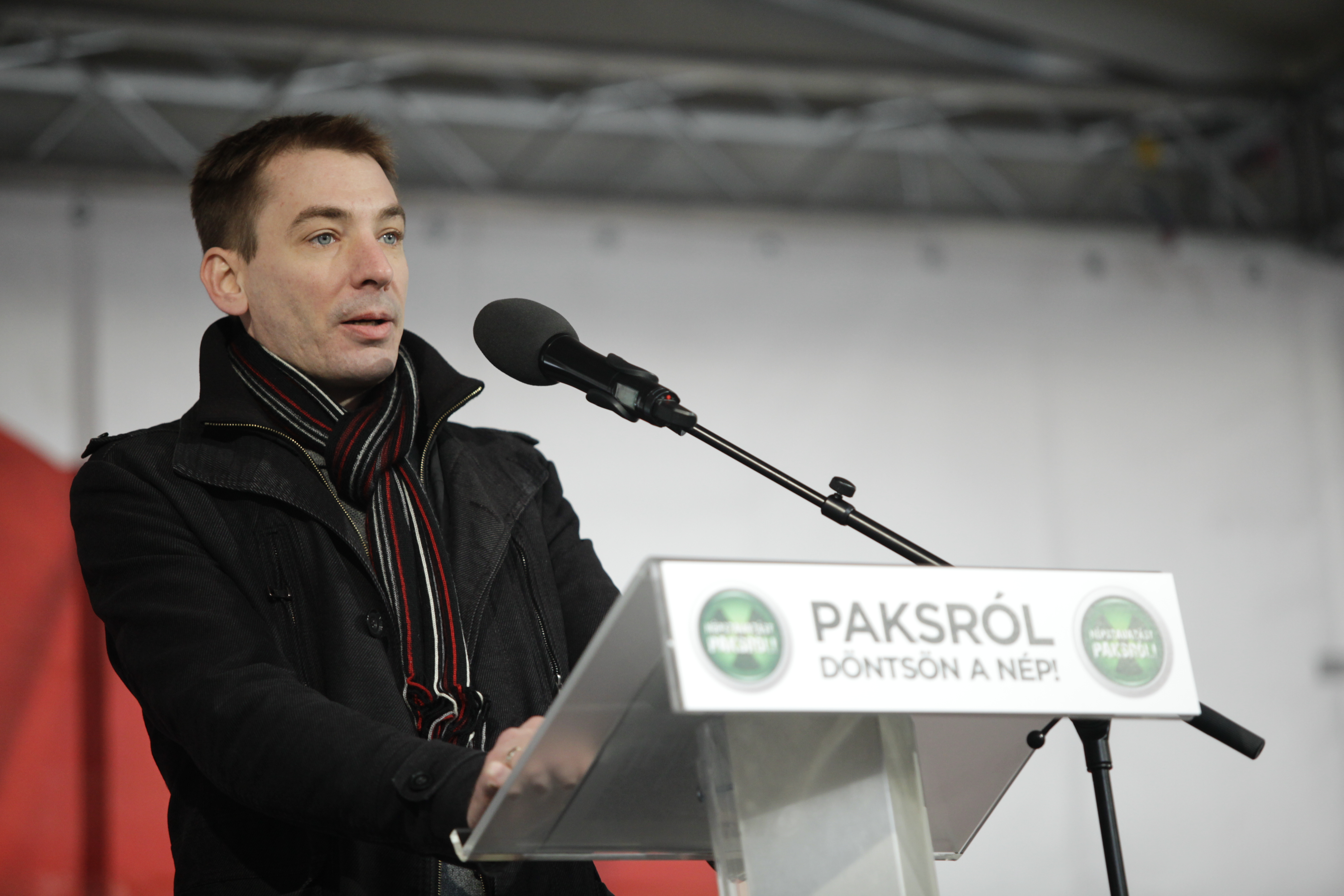The Hungarian government now acts as if the European Commission’s decision on the suspension of EU funds was a surprise. There is, however, no reason to be surprised: the documents foreshadowing this recent development have long been made accessible. During this time action could have easily been taken to prevent such a decision; however, the government prefers a deeply corrupt procurement system over saving EU funds. What is more is that the present decision could be followed by many more: besides the operative projects now affected by the decision there are at least half a dozen similar projects that received the same evaluation from the Commission. Without a radical alteration in the system, even planned future projects are in jeopardy. It is high time that Viktor Orbán and János Lázár decided whether it is the funding of oligarchs or the fate of the country that matters more to them.
Last December I wrote in my blog about the documents that had been sent by the respective director general of the European Commission to the European Parliament in connection with the supervision of operative programs using EU development funds. This information involved the assessment of the management of all the operative programs of all EU Member States. As I pointed out in my blog post Hungary was among the worst in all examined areas. These data also showed that the Commission not only criticized the programs, but also deemed the provision of information by the Hungarian authorities unreliable.
It was very clear from all these data that the suspension of funds was about to happen. What was predictable now turned into reality. Now at the end of the fifth year of the Orbán-regime, the government’s communication pointing the finger on former governments when talking about the inherited tender-evaluation system, is completely discredited. This is also because the Hungarian management of EU development funds was completely reorganized by the 1st of January, 2014, in that it was assimilated partly into different departments and partly into the Prime Minister’s office. What also becomes clear from the information I provided in December is that the Commission brings its decision based on data received from annual audit records and from regularly updated continuous monitoring. In the current case the decision was probably based on audit records from 2013 and 2014. There is no doubt about whose responsibility this is. What is more is that the current decision can be followed by others: besides the operative projects now affected by the decision there are at least half a dozen similar projects that received the same evaluation from the Commission – these can also be suspended increasing the amount of money lost. Without a radical alteration in the system, even planned future projects are in jeopardy.
Hungary cannot afford to lose such an amount of funds due to the irregular selection of winning tenders. The current suspension affects 700 billion Forints and, according to estimations, will only become available again after paying a sanction mounting up to about 10% of this amount. If we add the development funds lost after the suspension of the Norwegian funds as a result of the government’s attack on the civil sector, the loss goes up as high as 100 billion Forints. It is high time that Viktor Orbán and János Lázár decided whether it is the funding of oligarchs or the fate of the country that matters more to them.
Brussels-Budapest, April 16, 2015
Benedek Jávor MEP



